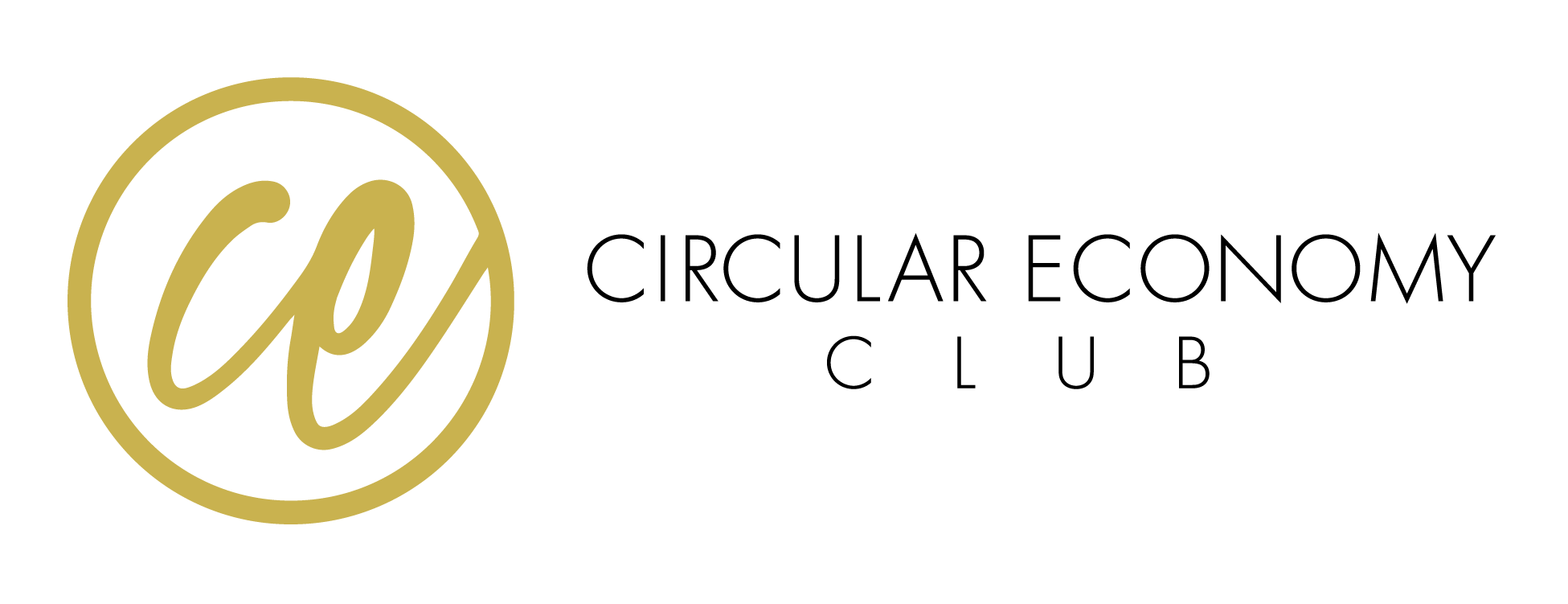-
Join the Future Peterborough team and Exempas for an exciting session where we’ll be covering the latest innovations in sustainable manufacturing. The circular economy offers a €320 billion investment opportunity for Europe alone and provides a model to not only save businesses money, but also reduce our impact on the planet. We’ll be hearing about the latest innovations from respresentatives of Perkins Engines, the European Remanufacturing Council and the Institution of Engineering & Technology.
The linear ‘take-make-dispose’ economic model relies on large quantities of easily accessible resources and energy. Much of our existing efforts to decouple the global economy from resource constraints focus on driving ‘linear’ efficiencies—i.e., a reduction of resources and fossil energy consumed per unit of manufacturing output. Proponents of the circular economy argue that focussing on efficiency alone will not alter the finite nature of resource stocks, and—at best— simply delays the inevitable. A change of the entire operating system is necessary. The circular economy refers to an industrial economy that is restorative by intention. It aims to enable effective flows of materials, energy, labour and information so that natural and social capital can be rebuilt. It seeks to reduce energy use per unit of output and accelerate the shift to renewable energy by design, treating everything in the economy as a valuable resource.
In the session, we’ll hear from local businesses already applying circular economy principles to their business operations and who are seeing the benefits.
Topics covered will include:
- Redesigning products so that they last longer
- Collaborative business models, e.g. business hubs for shared equipment
- 3-D printing/additive manufacturing processes to enable local repair services and create self-sufficiency
- Designing and manufacturing of modular products for easy maintenance and repair
- Remanufacturing
- Replacing products with services, and developing new, circular services
In the second part of the session, we’ll be looking at the local challenges and opportunities for businesses in applying circular economy thinking. This part of the session will help inform the development of our Circular City Roadmap – an action plan to direct our progress towards making the most of what we have available locally, and minimising waste.
-
-
Innovation in Manufacturing: the Circular Economy Advantage
Peterborough, Peterborough, United Kingdom
Date: March 13, 2018 - March 13, 2018
Time: 09:30 AM - 12:30 PM

